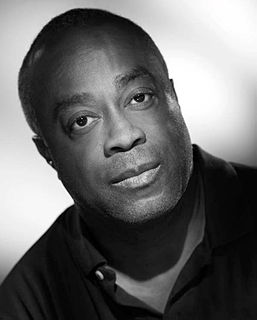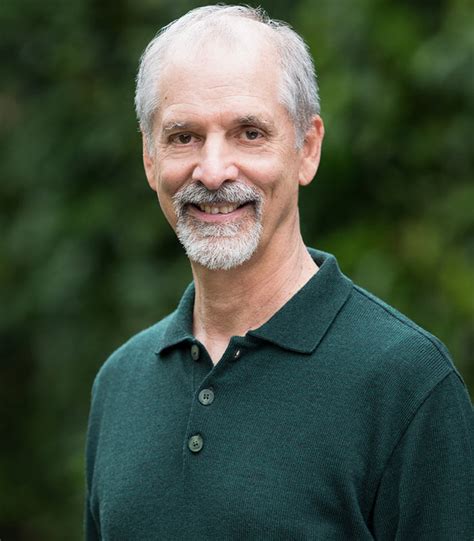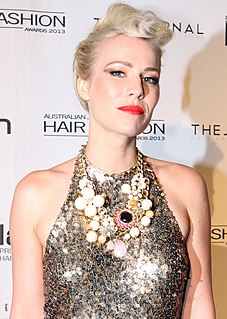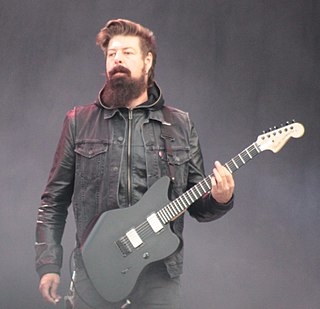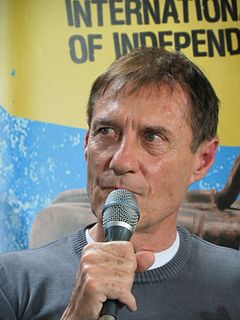A Quote by David Fincher
Filmmaking isn’t if you can just strap on a camera onto an actor, and steadicam, and point it at their face, and follow them through the movie, that is not what moviemaking is, that is not what it’s about. It’s not just about getting a performance. It’s also about the psychology of the cinematic moment, and the psychology of the presentation of that, of that window.
Related Quotes
With non-professionals, there's a lot of time you have to allocate to getting what you want with them, but also you cast based on who they are, to bring out their real personalities. So it's less about working on character and more about just getting them comfortable in front of the camera to be themselves, and understanding the process.
'Freakonomics' began with a 'N.Y. Times Magazine' profile I wrote about Steve Levitt. I was working on a book about 'the psychology of money,' and since Levitt's an economist, my editor thought I'd be the guy to write about him. Fact is that Levitt has almost no interest in either psychology or money.
People are always invoking evolutionary psychology for everything. "Why do men hang around asking women out? Oh, to improve their reproductive success," every damn thing - religion, art - it can all be explained by evolutionary psychology. But in our hearts we know that evolutionary psychology is only sort of accurate, because it really doesn't capture what's most interesting about our lives.
Usually, when you do a period movie, you just recreate what you are shooting. You don't recreate the way you shoot it. I think I did the same thing here as I did in the OSS 117 movies. I recreated the way to shoot that period, because to me, like what I was saying about the Steadicam, there's no sense to do a Steadicam shot in the 1920s because you have never seen the '20s like that. You can't believe there was a Steadicam in the 1920s. I believe it's a continuation of the OSS 117 in a way but without the irony.
Most people assume because I'm an actor that's all I know about and care about, I'm actually a camera geek and a film geek. I grew up making short films the same time I was acting. For me, it's a motion picture, not a play. I'm just as interested in what the camera department is doing and world building through costume design and production design as I am in acting. I think all good directors do that whether they're an actor or not.


